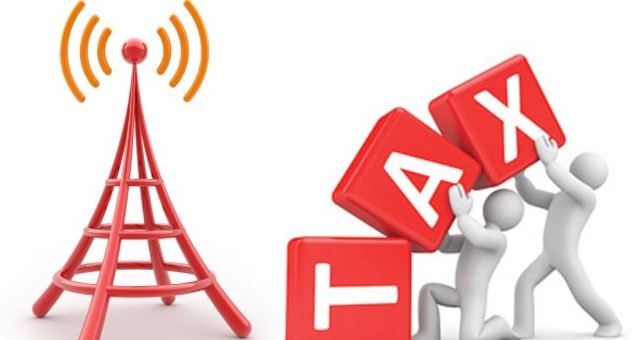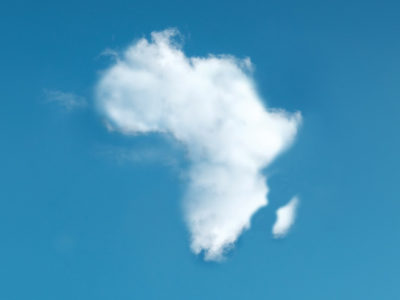The Nigerian government is taking steps to introduce a 5% excise duty on telecommunications, gaming, and betting services as part of a new effort to reform the nation’s tax system. This proposal is included in the “Nigeria Tax Act,” a bill aimed at overhauling existing tax legislation and consolidating various tax frameworks across the country.
RELATED: Is Nigerian government taxing telecoms to death?
New Tax Bill Details
The bill, titled “A Bill for an Act to Repeal Certain Acts on Taxation and Consolidate the Legal Frameworks relating to Taxation and Enact the Nigeria Tax Act to Provide for Taxation of Income, Transactions, and Instruments, and Related Matters,” was obtained from the National Assembly and is dated October 4, 2024. According to the bill, services such as telecommunications, gaming, gambling, betting, and lotteries will be subject to excise duties at the rates specified under the Tenth Schedule to the Act. The Federal Inland Revenue Service (FIRS) will prescribe the manner in which these duties will be applied.
Tax Controversies Resurface
The proposed Nigeria Tax Act is likely to reignite industry opposition, especially from telecom operators. The idea of a 5% excise duty on telecommunications services is not new; in 2022, then-President Muhammadu Buhari announced plans to implement a similar tax, intended to begin in 2023. The proposal was part of the Ministry of Finance’s strategy to increase non-oil revenue to compensate for declining oil income. It was outlined in the ‘2023 – 2025 Medium Term Expenditure Framework and Fiscal Strategy Paper’ by the Budget Office of the Federation.
However, the plan faced significant pushback, including from the then-Minister of Communications and Digital Economy, Prof. Isa Ali Ibrahim Pantami, who argued that the tax would place an undue burden on the telecom sector. As a result, the excise duty was never implemented.
Tinubu’s Suspension of Telecom Tax
In July 2023, President Bola Ahmed Tinubu signed four Executive Orders aimed at reducing the tax burden on businesses. These included the suspension of the 5% excise tax on telecommunications services, as well as the postponement of the Finance Act 2023. The Executive Orders were seen as a move to streamline Nigeria’s tax regime and eliminate multiple taxation concerns across sectors.
Government’s Push for Revenue
The reintroduction of the excise duty through the new tax bill suggests that the government is keen to expand its tax base and increase revenue collection. The proposed 5% tax will apply to telecommunications services, including both prepaid and postpaid options regulated by the Nigerian Communications Commission (NCC). It will also extend to gaming, gambling, lotteries, and betting services within Nigeria.
Industry Reactions and Implications
The telecom and gaming industries are likely to respond critically to the proposed tax, as they did in previous years. The addition of a 5% excise duty could lead to higher service costs for consumers and may affect business operations in these sectors. Industry stakeholders are expected to engage in discussions with the government to address concerns about the potential economic impact of the new tax regime.
The proposed tax framework underscores the government’s urgency in boosting non-oil revenue streams, reflecting a broader trend toward diversifying Nigeria’s economy. However, balancing revenue needs with industry growth and consumer affordability remains a significant challenge.
Reviving tensions over tax policies
As the Nigerian government pushes forward with the proposed Nigeria Tax Act, businesses and consumers will be closely monitoring developments to understand the implications. The reintroduction of a 5% excise duty on telecom, gaming, and betting services signals a renewed focus on broadening the tax net, but also risks reviving tensions over tax policies that many consider burdensome.





























